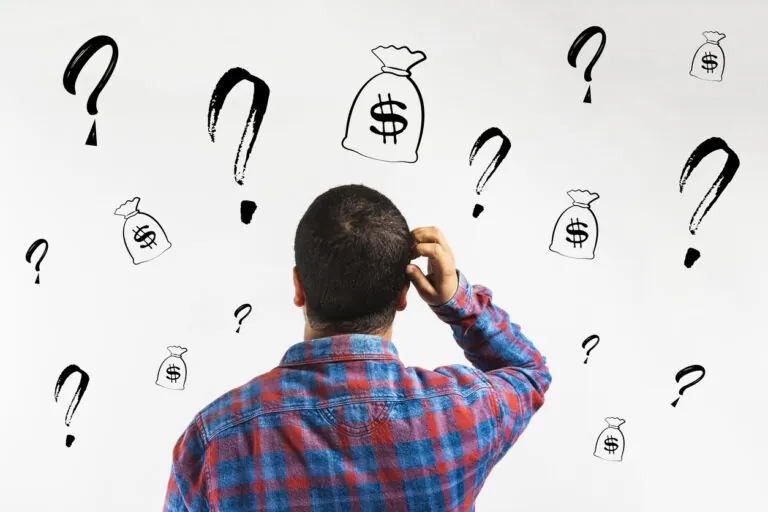Credit, Debit, and Prepaid Cards: What Are the Differences?
October 15, 2024

How people pay for what they buy continues to evolve. Relatively few people write checks anymore, and the number of people who carry cash continues to decline. At the same time, new methods are emerging, such as digital wallets. However, today’s mainstay methods of payment are credit cards and debit cards. Here are the key ways they—along with their close cousins, prepaid cards—differ.
Credit Cards
With a credit card, every time you use it to make a purchase, you are borrowing money. When your application for a card is accepted, and you are issued a card, it comes with a pre-determined credit limit. You are allowed to charge up to that limit before paying down or paying off your balance.
When you pay with a credit card, the money does not come out of your checking account. It goes on your bill. Then, once a month, you receive a statement showing all of your purchases and how much you owe. You will be given a choice of making the minimum required payment (typically one to four percent of the balance or $25 to $35, whichever is higher) or any amount above that minimum, including the full balance. If you pay less than the full balance, you will also have to pay interest, commonly over 20 percent.
Your use of a credit card is reported to the credit bureaus, which impacts your credit score—for better or worse. Paying your bills on time will have the largest positive impact on your score. The next most important step is to be careful about how much of your credit limit you use. Once a month, the bureaus take a look to see what percentage of your available credit you are using. Keeping that percentage under thirty percent will work in your favor. A credit card is a very secure method of payment. If someone steals your card and makes a fraudulent purchase, that amount won’t come out of your checking account; it’ll show up on your credit card statement. That will give you time to dispute the charge. Most credit cards have a zero liability policy, meaning you will not be responsible for such charges.
Debit Cards
A debit card is linked to your checking account. When you pay with a debit card or use it to withdraw cash, you’re not borrowing. The money comes out of your checking account. In essence, a debit card is a more modern version of writing a check, with the added convenience of being able to use it to make online purchases. Since there is no borrowing involved, using a debit card will not impact your credit score.
Similar to credit cards, most debit cards have zero liability policies. However, it is crucial that you report a missing card as soon as possible. Federal rules allow issuers to make you responsible for some of the charges, depending on how long it takes for you to report the card missing. While many issuers provide protections that go beyond what’s required of them, be sure to know your bank’s rules.
Prepaid Cards
With prepaid cards, you preload them with a certain amount of money, either by transferring money from your checking account or providing cash to the card issuer. Especially popular among people who have poor credit or do not have a banking relationship, prepaid cards may be used pretty much anywhere credit cards are accepted, including online.
Even some people who do have a bank account like to use prepaid cards because they help them avoid overspending. Others use prepaid cards for travel. If going overseas, in some cases, a prepaid card may be purchased in the local currency at a more favorable exchange rate than may be otherwise available. Another benefit of prepaid cards is that they may be safer than carrying cash. Some such cards have zero liability policies. If you notify the issuer within two days of losing your card or having it stolen, your remaining balance is protected.
Like debit cards, your use of a prepaid card is not reported to credit bureaus, so it does not impact your credit score. The biggest downside to a prepaid card is that it comes with a fee to obtain the card and to add to its balance. As payment methods continue to evolve, some will appeal to you more than others. Of the many reasons to choose one over another, make sure you understand what the issuer does—and what you need to do—to keep your money safe.
Click here all credit card options provided by CCCU.
Matt Bell is the author of Trusted: Preparing Your Kids for a Lifetime of God-Honoring Money Management. He speaks at churches and conferences throughout the country and writes the MattAboutMoney blog.
This article should not be considered legal, tax, or financial advice. You may wish to consult a tax or financial advisor about your individual financial situation.



